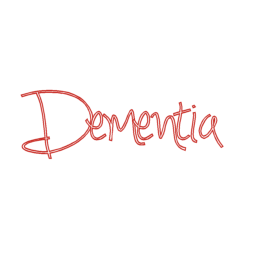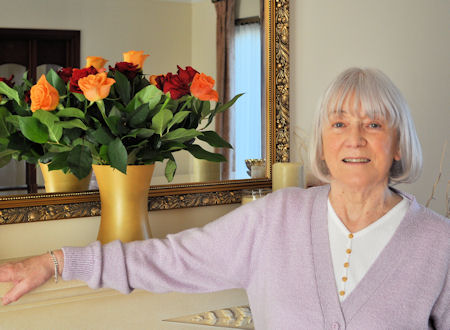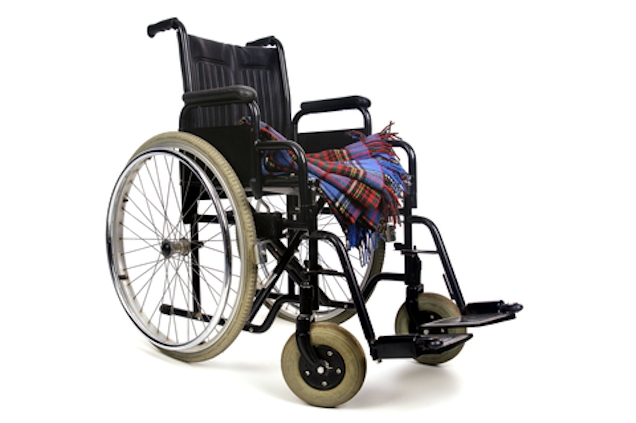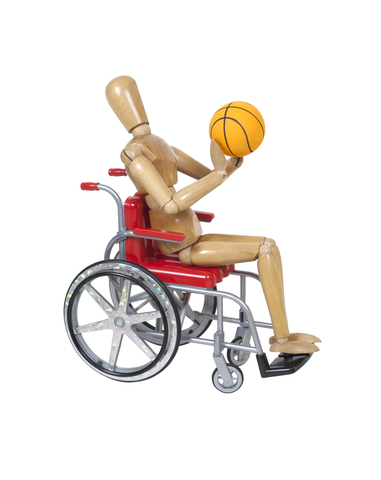
My regular readers tend to know my mum has advanced dementia and also lives with us. We’re always looking for ways to include her, and at the moment, it tends to work around her need to see children playing. In a care home, that just wouldn’t happen, so she is best cared for by us, with council carers who come in and help, and some hours we pay for ourselves. Although my mum does like the radio on, she’s very far gone with her dementia, and struggles to find meaning in music now, other than the simple instant company it gives her if she’s alone in her room while we are doing other things around the house.
Music as Therapy International has launched its #MusicCan campaign promoting the power of music in light of a report published 18 January 2018 by the ILC highlighting the essential role music has to play in the care of people living with dementia.
Watch the video to see what a difference it can make.
Music as Therapy International have launched a campaign that highlights how music can help improve dementia care, by celebrating the ways music can improve lives and change the approaches to those in care. They believe in the power of music to make the most of people’s potential, and helping to overcome issues like disability and trauma, as well as mental illness.
The UK charity has launched a #MusicCan campaign to highlight the ways music can help everyone.
The Alzheimer’s Society reports there are around 850,000 people living with dementia in the UK, with higher health and social costs than cancer, stroke and chronic heart disease combined. That’s a powerful sentence when we consider that dementia is often such an isolating disease.
A report Utley Foundation sponsored report has been launched following a Commission on Dementia and Music by the International Longevity Centre UK (ILC), which recognises the wealth of evidence supporting the use of music to improve lives of people living with dementia.
My father lives in a care home, without much in the way of support via music. Actually, there seems to be little interaction with him as a resident, but he does spend much of his day with the radio on, which helps him as a dementia sufferer, but without conscious management of music as a supporting therapy. Music is such a big part of lives of most of us these days, and it makes sense for it to be brought under an official banner of treatments and therapies to help those with dementia cope with daily life.
As families and friends, exploring the potential of music to help those who need support can only be a positive thing. With my mum, it’s a soothing, comforting thing, rather than therapy, but any way to keep reaching out to those who seem isolated is worth trying.
Personally, I think music should be an option for all dementia sufferers. Granted, there will be some who cannot abide the noise, but as an option, it shouldn’t be discounted. As carers, if we can show the benefits and improvements to the lives of dementia sufferers with music in their lives, and we talk about it, perhaps we can persuade those who hold the budget strings to make music a more tailored option. I’ve often witnessed the groups singing hymns, or some man bashing out old war tunes on a past it’s best piano, but I think I need to quote my own mum on this, not long after her dementia diagnosis, when she attended a day centre.
Why do they think everyone over 50 wants to sit around singing hymns all day. If I want to sing hymns, I’ll go to church on a Sunday.’
The problem is, that when music is considered, I’ve found it as a one fits all attempt. That rarely works. Dementia sufferers, like all of us, have different tastes in music. We shouldn’t think that because they refuse to join a group singing hymns, that they’re not interested in music.
I don’t find music therapy to be a much discussed option for those with dementia. As with other potential aides, there is usually a limit on costs that can be spent to support our loved ones. We are often powerless to help with things like physiotherapy, but music is something all of us can take on board as an action.
Anything that can help improve the quality of life of anyone suffering from any health condition is worth a try. If you are struggling to help someone with anxiety, disability, depression, or any number of other conditions, give it some thought, and see if you can bring some tunes into their lives. The music should be tailored to what individual people want and need, and actually enjoy.
Find out more at Music as Therapy International
More about Dementia at Dementia Caregivers
























Add anything you like. Cooking is all about changing ingredients to suit what you have or what you prefer. I…
Thankyou for your recipe would it be okay to add some chopped bacon , Mushrooms, Cauliflower and broccoli to this…
Thanks for the article, very informative